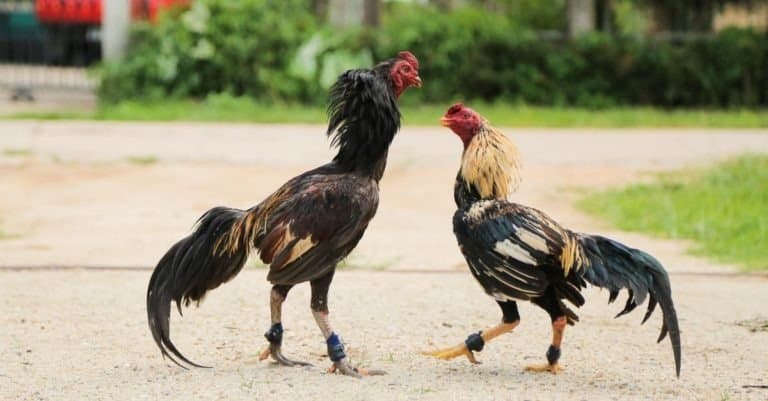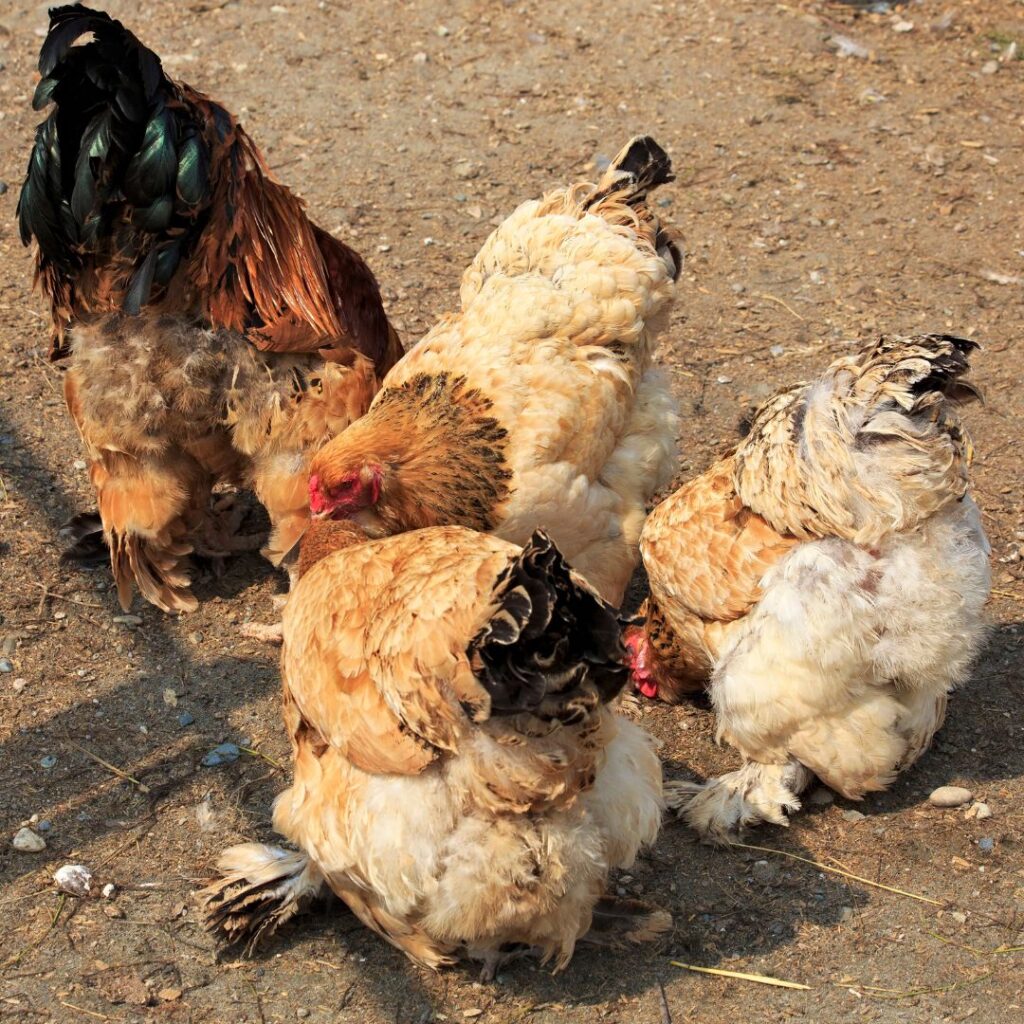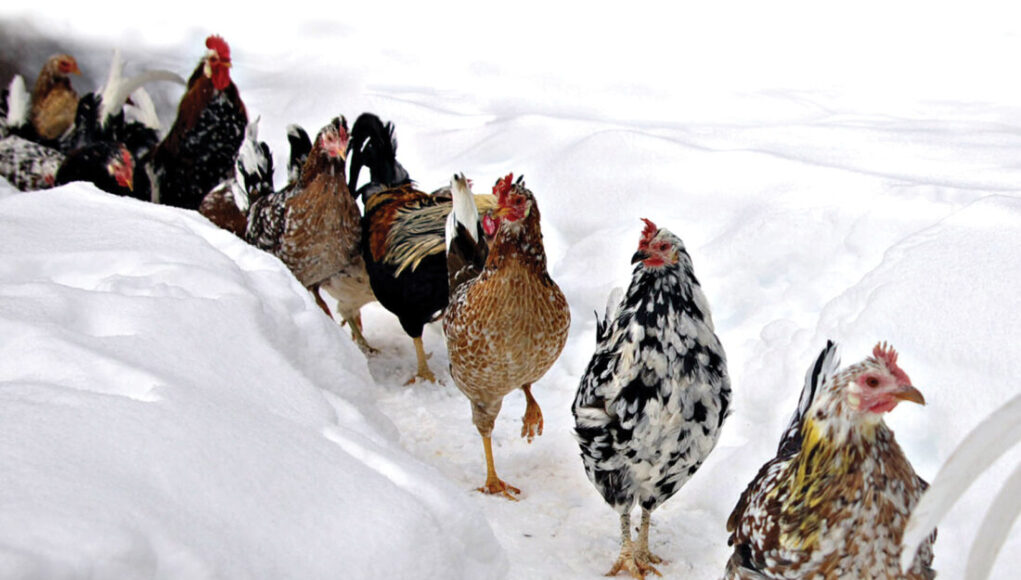If you’re new to the world of chickens or a seasoned poultry enthusiast, choosing what is the best backyard chicken breed can be both exciting and overwhelming. With numerous breeds available, finding the perfect one for your needs requires careful consideration.

The Importance of Choosing the Right Backyard Chicken Breed
When deciding on a breed, it’s important to consider factors such as egg production, temperament, climate adaptability, and appearance. Each breed has its unique set of characteristics that make it suitable for different backyard environments.
Egg Production: Quantity and Quality
One of the primary reasons people keep backyard chickens is for fresh eggs. Different breeds have varying egg-laying capacities. If you want a steady supply of eggs, you should choose breeds known for their high egg production. According to most eggs the reliable layer.
Temperament: Friendly and Docile vs. Active and Independent
The temperament of a chicken breed can significantly impact your experience as a backyard chicken keeper. Some breeds are known for their friendly and docile nature, making them ideal for families with children. Others are more active and independent, requiring less attention.
Climate Adaptability: Hot vs. Cold Weather
Depending on where you live, you’ll need to choose a breed that can thrive in your climate. Some breeds are better suited for hot weather, while others do well in colder climates. Ensuring climate compatibility will help maintain the health and productivity of your flock.

Top Chicken Breeds for Backyard Enthusiasts
Here are some of the most popular and recommended backyard chicken breeds:
1. Rhode Island Red
The Rhode Island Red is an excellent choice for beginners. Known for their consistent egg production and hardiness, these chickens are adaptable to various climates. Their friendly demeanor makes them a favorite among families.
2. Buff Orpington
Buff Orpingtons are known for their calm and docile nature. They are great layers and can handle both hot and cold weather. With their fluffy, golden feathers, they are also a beautiful addition to any backyard flock.
3. Sussex
The Sussex breed is famous for its dual-purpose nature, excelling in both egg production and meat quality. They are curious and friendly, making them great for families and novice keepers.
4. Plymouth Rock
Plymouth Rocks are hardy birds that do well in a variety of climates. They are good layers and have a calm and friendly disposition, making them suitable for backyard environments.
5. Leghorn
If you’re looking for a breed that lays a lot of eggs, the Leghorn is a top choice. They are highly productive and thrive in warmer climates. Their active and independent nature means they require less attention from their keepers. Learn more about top white egg producers.

Feeding and Nutrition for Your Backyard Chickens
Proper nutrition is crucial to maintaining the health and productivity of your backyard chickens. A balanced diet will ensure robust egg production and a happy flock. Here are some essential tips for feeding your chickens:
Providing a Balanced Diet
Chickens require a balanced diet of protein, carbohydrates, fats, vitamins, and minerals. Commercial layer feed is often a convenient and effective option, providing all the necessary nutrients in the right proportions.
Supplementing with Kitchen Scraps and Greens
In addition to commercial feed, you can supplement your chickens’ diet with kitchen scraps and greens. Vegetables, fruit, and grains can offer variety and additional nutrients to their diet. Just be sure to avoid foods that are toxic to chickens, such as avocado, chocolate, and caffeine.

Housing and Coop Setup
Providing a safe and comfortable living environment for your chickens is essential. A well-designed coop will protect them from predators, harsh weather, and disease.
Coop Size and Design
The size of your coop will depend on the number of chickens you plan to keep. Each chicken should have at least 4 square feet of space inside the coop and 8-10 square feet in the outdoor run. Ensure proper ventilation and easy access for cleaning.
Perches and Nesting Boxes
Include perches for your chickens to roost at night and nesting boxes for egg laying. Each hen will need about 8 inches of perch space. Position the perches higher than the nesting boxes to discourage sleeping in the nesting areas.
Common Health Issues and Prevention
Keeping your chickens healthy should be a top priority. Regular health checks and preventive measures can help your flock avoid common diseases and parasites.
Parasite Control
Regularly inspect your chickens for external parasites like mites and lice. Use poultry-safe treatments if you detect any infestations. Maintain cleanliness in the coop to minimize the risk of parasites.
Vaccinations and Biosecurity
Consider vaccinating your flock against common diseases such as Marek’s disease and Newcastle disease. Practice good biosecurity measures, like limiting visitor access to your coop and providing separate footwear for use in the chicken area.
FAQs
Q: How many chickens should I start with?
A: It’s usually a good idea to start with at least three chickens. This number provides enough social interaction for the birds and ensures a steady supply of eggs.
Q: How long do chickens lay eggs?
A: Chickens typically start laying eggs around five to six months of age and can continue for several years, with production gradually decreasing over time.
Q: Do I need a rooster for my hens to lay eggs?
A: No, hens will lay eggs without a rooster. However, if you want fertile eggs for hatching, you will need a rooster.
For more detailed information on various chicken breeds, you can visit the List of Chicken Breeds.
As an Amazon Associate, I earn from qualifying purchases.








